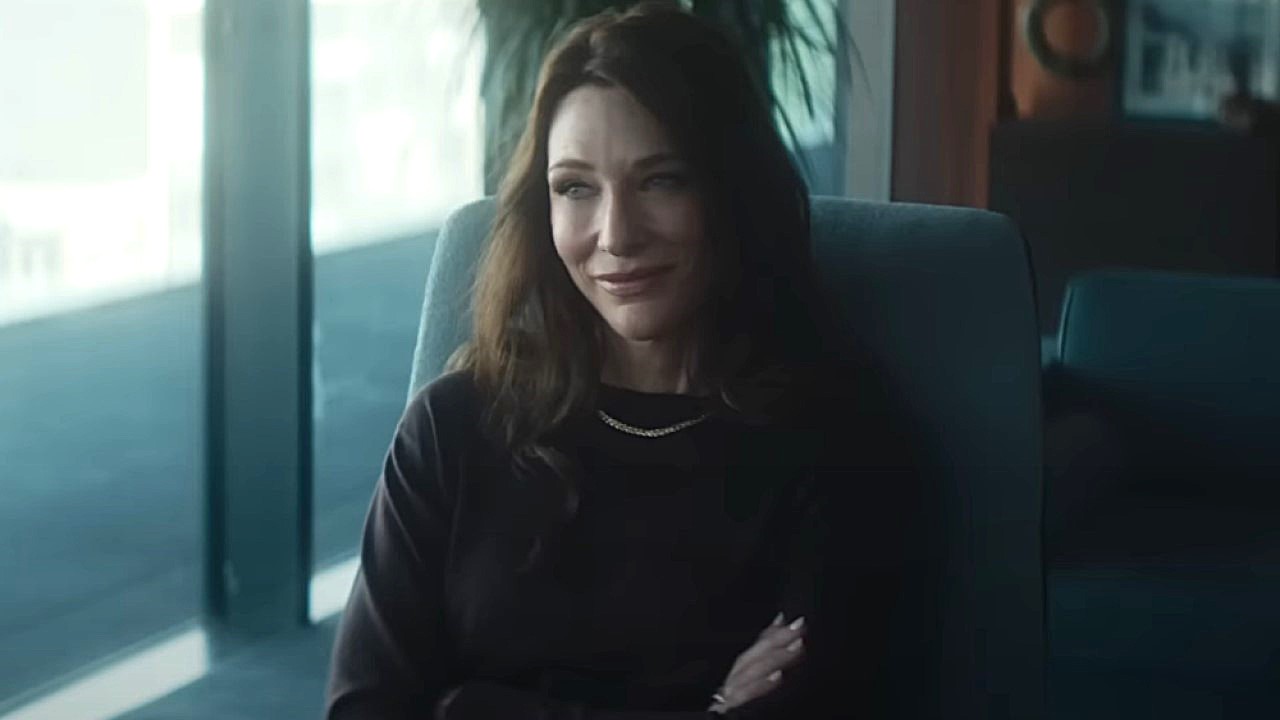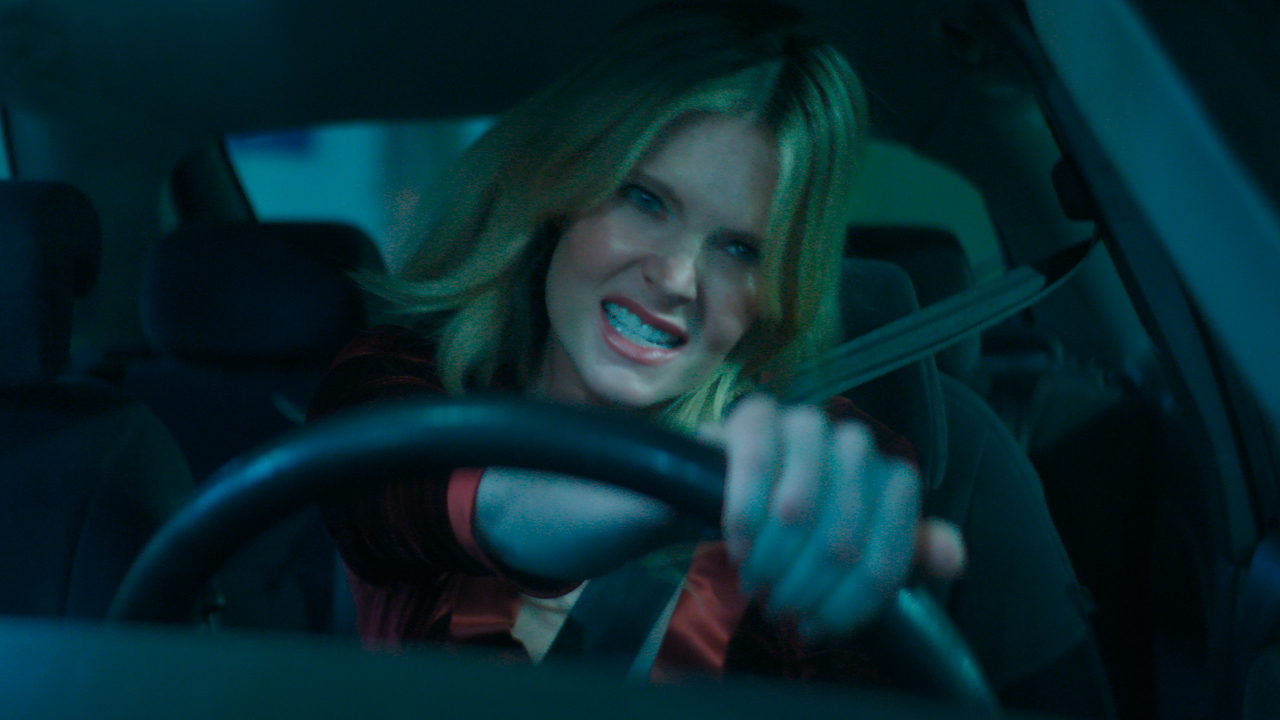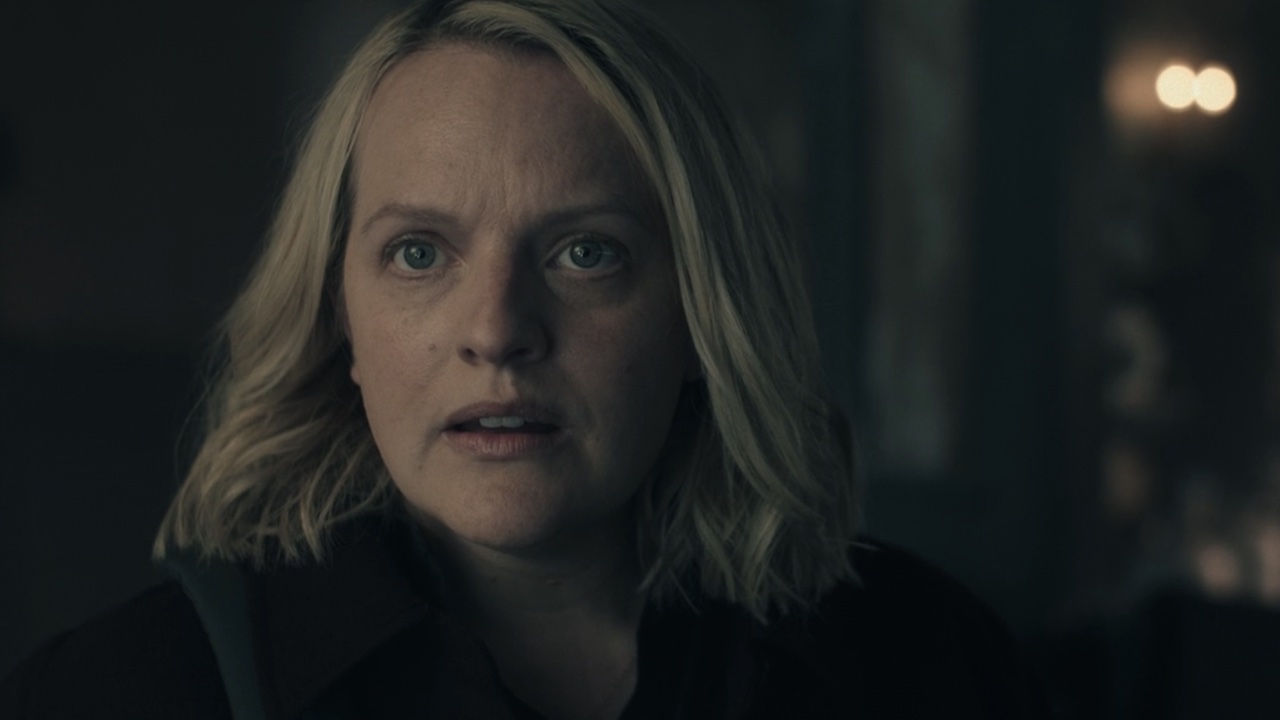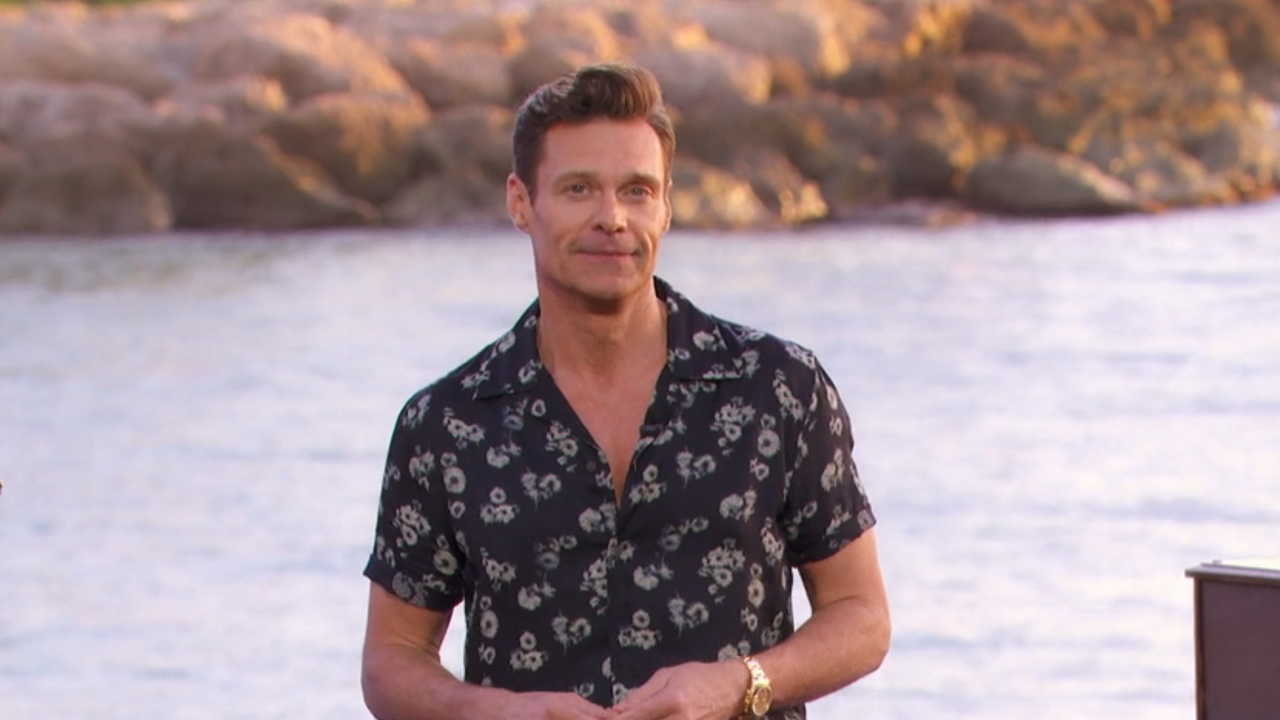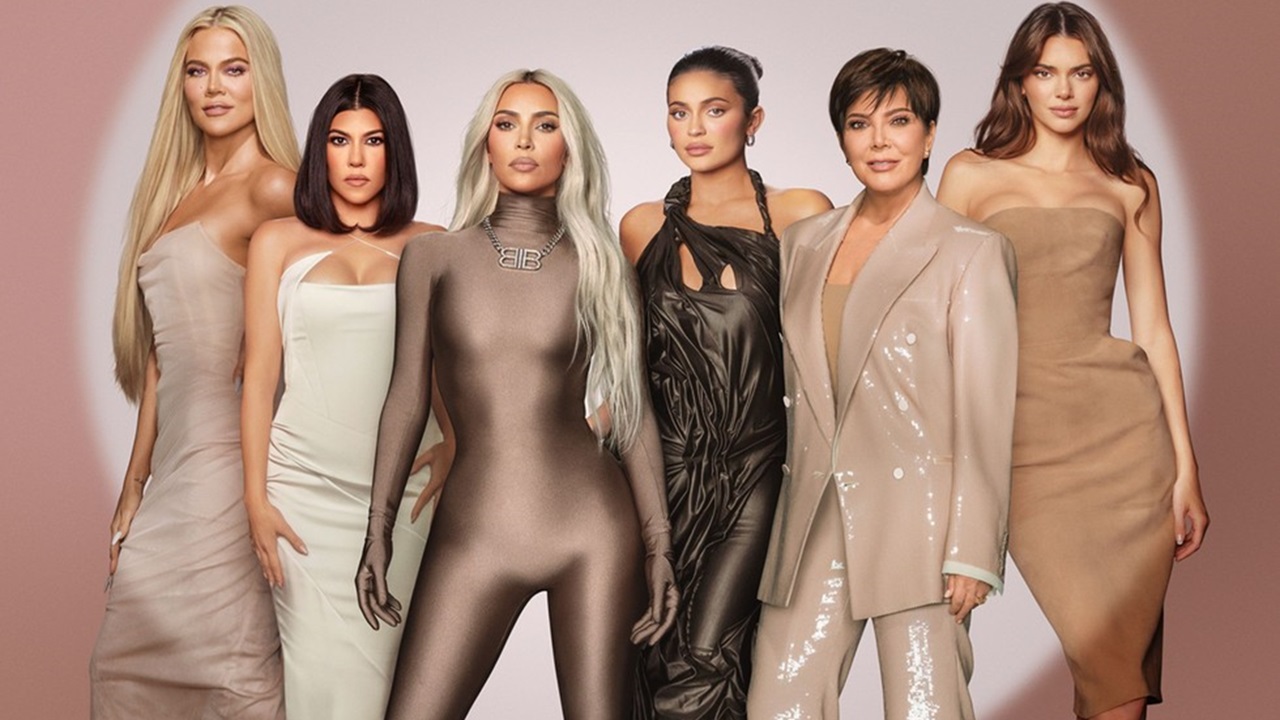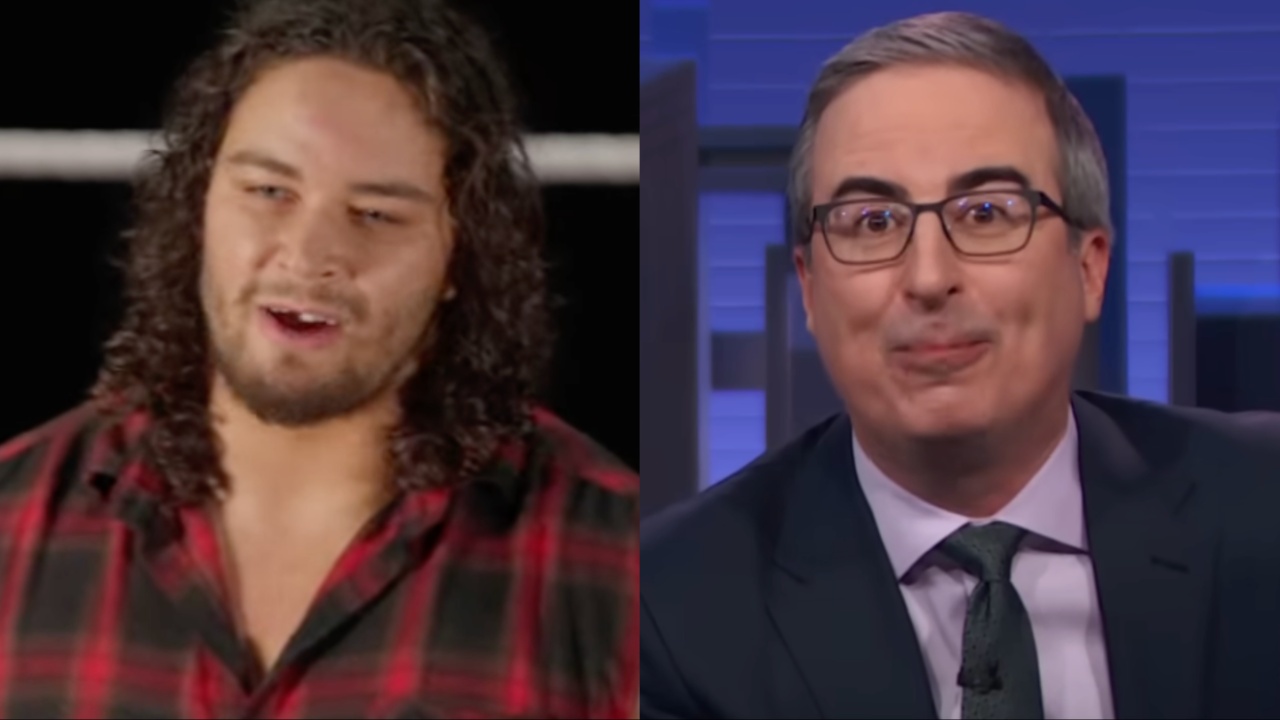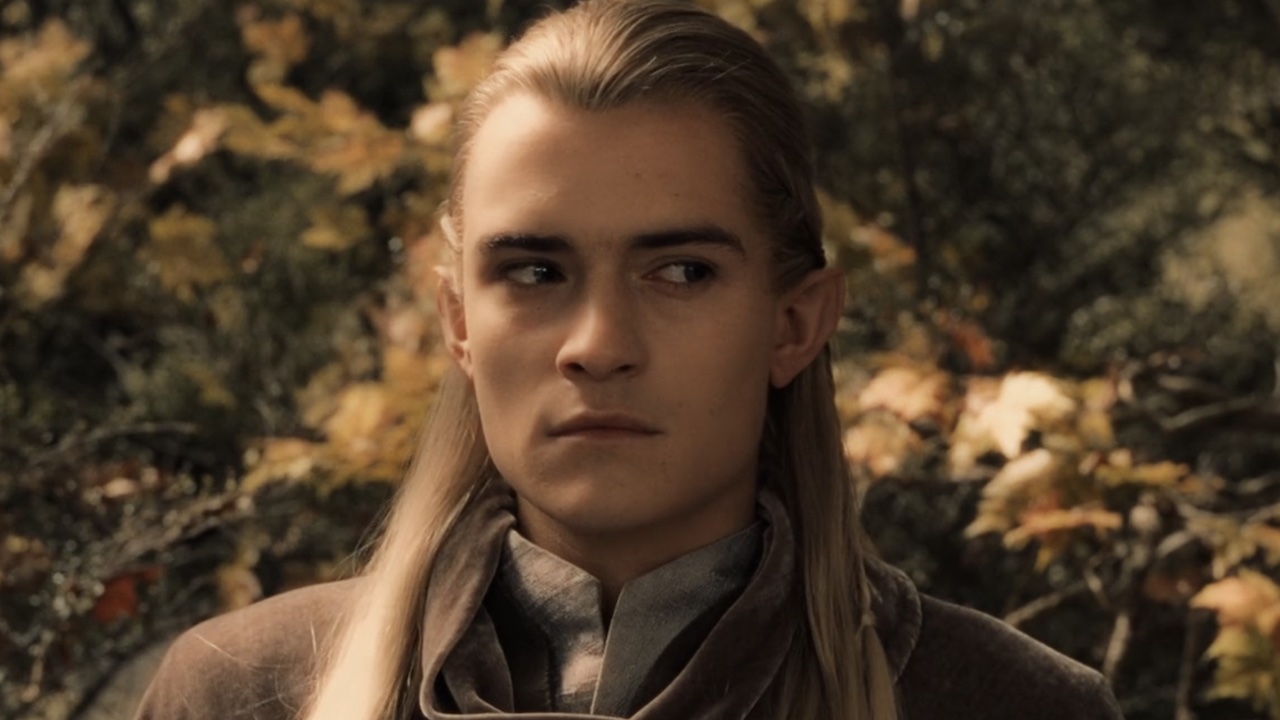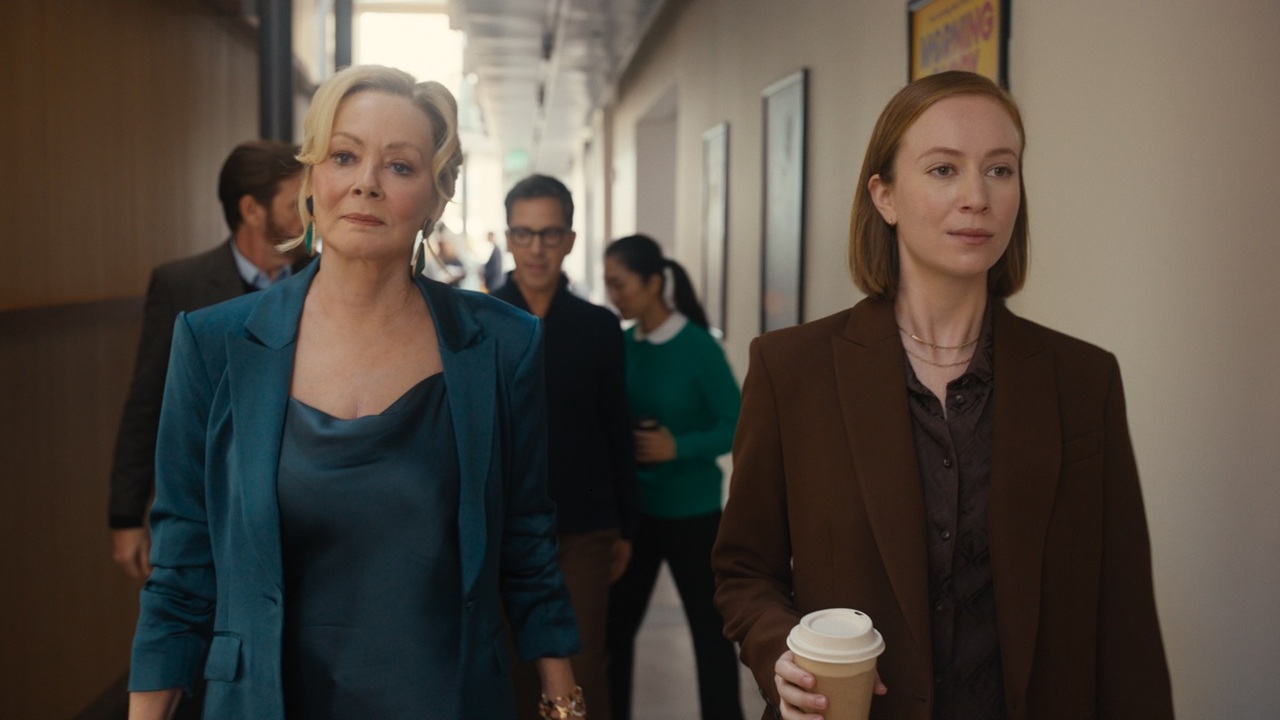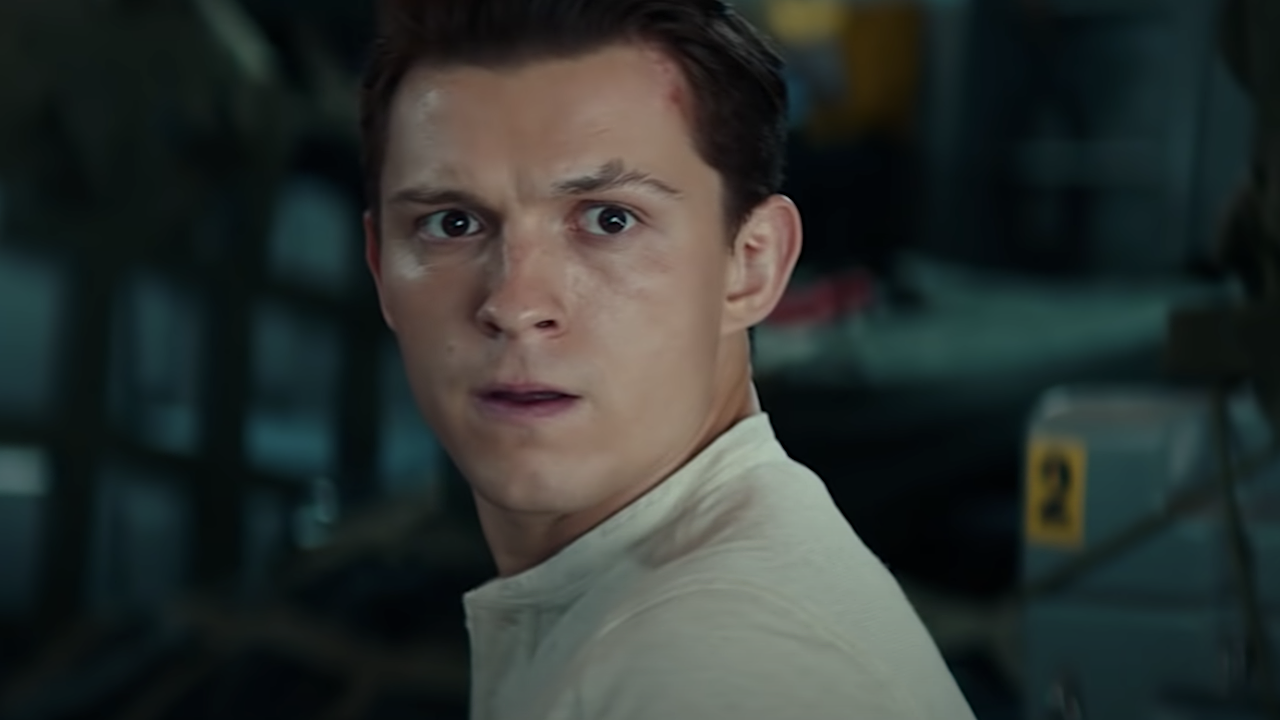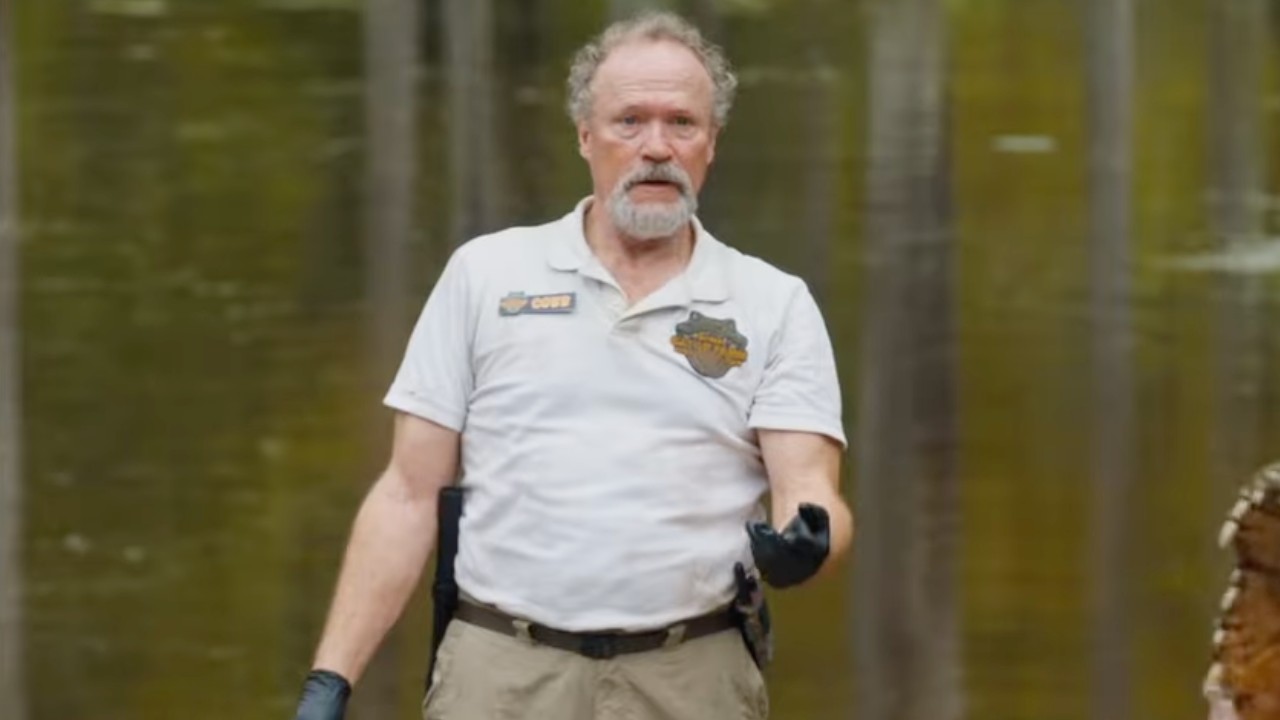6 Reasons the Spoof Genre Is About To Die

Think of the greatest comedy movies from your childhood: Austin Powers, Hot Shots!, and Scary Movie – just to name a few. All of these are spoofs. There was a time when the spoof genre reigned supreme above all other forms of comedic cinema, but sadly that era seems to have come to a close. Despite its long history of iconic films – ranging from Naked Gun to Spaceballs – the spoof genre has experienced a sharp decline in quality in recent years, leaving all of us to wonder where exactly things went wrong.
In recent years we have seen plenty of mediocre spoofs come and go, and yet none have managed to capture the magic of the genre during its heyday in the 1980s and 1990s. The recent release of 50 Shades of Black only further solidifies the notion that we’re witnessing the death of the modern spoof. After dissecting some of the most beloved – as well as most painful – spoofs in recent memory, we may have figured it out. Let’s take a quick look and examine the reasons why this once great genre is on the verge of its inevitable death

Modern Spoofs Lack Focus
One of the most egregious issues facing modern spoofs is the simple fact that most of them lack a specific target when it comes to whatever topic they lampoon. For an example of such a phenomenon one need only look at the recent release of 50 Shades of Black. Despite the fact that the Marlon Wayans comedy frames itself as a parody of the recent 50 Shades of Grey, it goes off on needless tangents to poke fun at other recent cultural touchstones like Magic Mike and the Kardashian family – firing wildly at whatever subject seems ripe for parody. When this happens the spoof no longer becomes a spoof, it’s basically a "best of" compilation of pop culture references over the last few years.
On the other hand, some spoofs have become so specific in their subject matter that they essentially act like inside jokes. Movies like Meet the Spartans and A Haunted House do not tell their own story; they take the stories of movies like 300 or Paranormal Activity and simply inject slapstick humor or grossout gags into plots we have already become familiar with. The best spoofs of all time take easily identifiable genres and tropes, but still manage to tell their own story. One can watch a movie like Airplane! without having seen any of the classic 1970s disaster movies and still pick up on the ideas and genre cliches that are being made fun of.
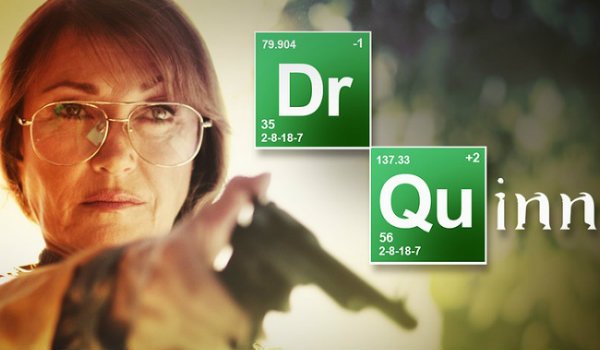
Internet Comedy Has Stolen Spoof's Niche
Perhaps it’s unfair to say that the spoof genre as a whole is "dying." However, we can say with near certainty that movie spoofs are most certainly on the way out due to the increased prevalence of Internet comedy. There was a time when film – and to a lesser extent television – represented the only potential outlet for spoof-style comedy; that’s simply no longer the case. Websites like Cracked or Funny or Die have become more suitable platforms for this style of humor, often distilling entire genres or movies into more digestible and economical forms of entertainment with short sketches and memes.
CINEMABLEND NEWSLETTER
Your Daily Blend of Entertainment News
Social media has also stolen much of the spoof genre’s thunder because user generated content on platforms such as Vine, YouTube, and Snapchat offers the same type of wacky, outlandish humor without the cost of admission. This is arguably one of the more hopeful points we can make because it points to the idea that spoofs themselves aren’t going away, they're merely changing shape and adapting to the times we live in.
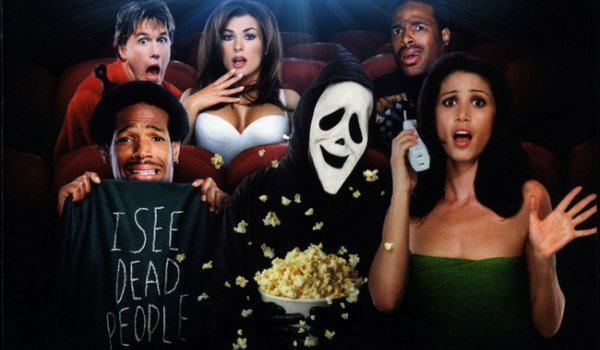
Modern Spoofs Have The Wrong People Behind The Camera
Comedy movies are a form of auteur cinema where filmmakers have their own distinct style and taste. Mel Brooks produced some of the best spoofs of all time during the 1970s such as Blazing Saddles and Young Frankenstein, while David Zucker picked up the torch during the 1980s and 1990s with films like The Naked Gun and Airplane!. However, the moment the Wayans became face of the spoof genre with the Scary Movie franchise is when spoofs started to become a laughing stock (and not in a good way). Their spoof films started off strong enough, but have weakened over the years with the likes of A Haunted House and the recent 50 Shades of Black.
As much as I want to put all of the blame for the death of the spoof genre upon the shoulders of the Wayans – it's really Marlon flying solo at this point – that simply isn’t the case. The real culprits are Aaron Seltzer and Jason Friedberg. Over the last decade these two have been responsible for some of the most glaring examples of how not to do a spoof – Epic Movie, Vampires Suck, The Starving Games, etc. – with complete impunity. Throughout their careers they have received numerous Razzie awards, and yet Hollywood producers continued to allow them to tarnish the genre because their movies are cheap and make money. If the genre as a whole hasany semblance of a chance for survival, then fresh blood must be brought in and put behind the camera.
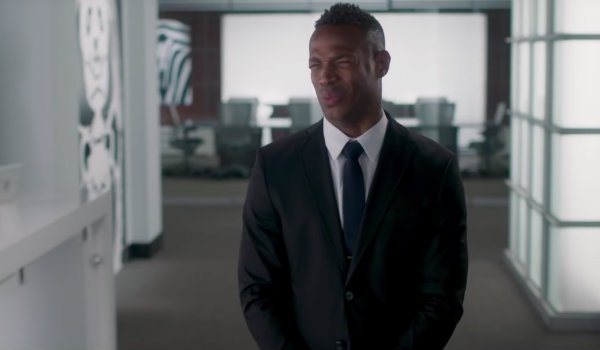
Recent Spoofs Rely On Lowbrow Humor
Look, we’re not saying lowbrow humor doesn’t have its place in spoof movies, it does, but modern spoofs have become decidedly reliant on the tactic to generate laughter. There’s a scene in the recent 50 Shades of Black during which lead female character gets her head caught in an elevator door that repeatedly opens and closes on her. It’s pure slapstick – with absolutely no relevance or foundation in the story – that simply drags on and on. That’s far from the only example; far too many spoof films utilized unnecessary slapstick or gross-out gags that pander to an audience’s most basic sense of humor. Audiences are smarter than these directors think, and deserve better than that.
The best spoofs mix in clever jokes and gags. Say what you will about spoofs like The Naked Gun or Airplane! but the fact of the matter is they didn’t rely on lowbrow humor to garner laughs. Did they implement lowbrow? Absolutely. One need only remember the scene in which Elaine (Julie Haggerty) has to – literally – blow the autopilot in order to get the plane to fly itself once more, only to find herself interrupted by Dr. Rumack (Leslie Nielsen). A scene such as that works because it relies on Nielsen’s facial expression to achieve its desired effect, and not necessarily because of the implications of oral sex.
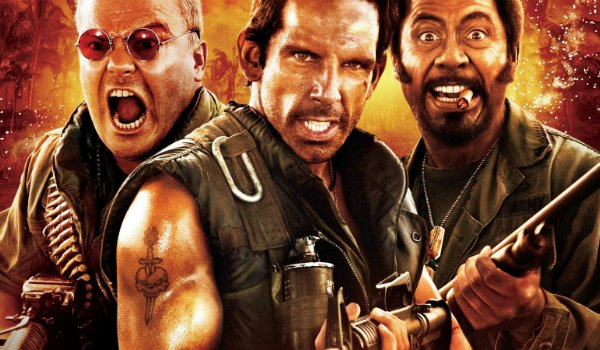
Satire Has Become More Popular Than Spoof
Spoofs have generally become less and less common to find in theaters these days, and that’s because something else has taken their place: Satire. Although we often hear the two terms used interchangeably, they have inherent differences to one another. Spoofs take existing genres and properties and exaggerate them, playing them for goofy effect. On the other hand, satire tends to examine it in order to dissect it and mock it in some way. Spoofs exaggerate subjects while satires provide commentary.
Recent years have seen a growing prominence in critically acclaimed comedic satires. Tropic Thunder skewered the entertainment industry, the Jump Street franchise satirized the prevalence of Hollywood sequels and reboots, and Borat satirized basically everything about American culture. Does this mean that Hollywood isn’t producing any spoofs of note anymore? Of course not, but they have become decidedly less prevalent in recent year – likely due to the final entry on this list…
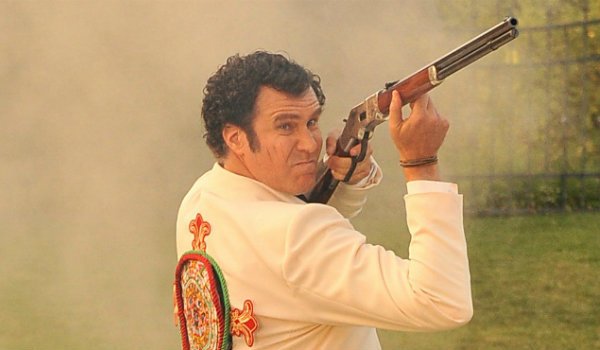
Spoofs Have Seen Declining Box Office Returns In Recent Years
It’s a sad, simple truth that spoofs just don’t make the kind of money that they used to. Based solely on the numbers it’s clear to see that the genre was at its strongest in the years leading up to the turn of the century. Franchises like Austin Powers and the early Scary Movie entries are the highest-grossing spoofs of all time, with films from the 1980s and 1990s following closely behind. However, the last decade has seen a sharp decline in box office earnings for this particular genre; millions of dollars are nothing to scoff at, but recent years have seen some of the least profitable spoofs of all time.
The exact cause of this decline remains unclear. On one hand it could have to do with people losing faith after a string of low quality spoofs in recent years, and on the other hand it could simply indicate a shift in the general audience's taste. Even recent spoofs that were generally considered strong comedies, such as MacGruber or Casa De Mi Padre, barely made an impression at the box office – grossing $8.5 million and $6 million at the box office, respectively. Hope remains alive that the cult following of MacGruber can still revive the franchise with a sequel, but overall the era of spoof comedies as box office gold has definitively come to an end.
Originally from Connecticut, Conner grew up in San Diego and graduated from Chapman University in 2014. He now lives in Los Angeles working in and around the entertainment industry and can mostly be found binging horror movies and chugging coffee.

